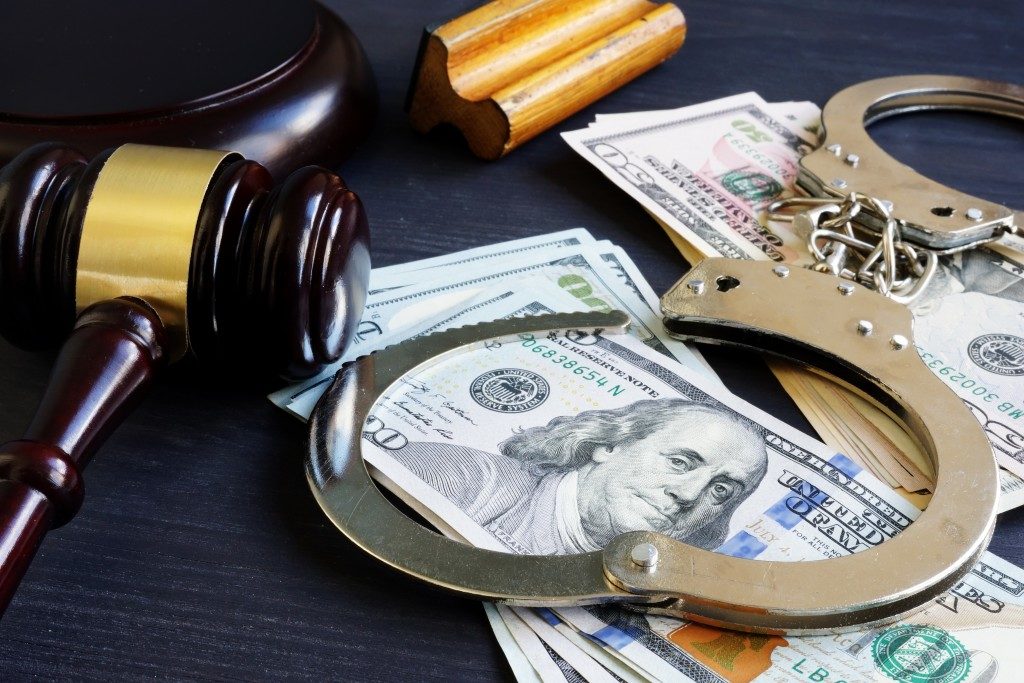The length of time it takes for a case to be tried in Utah courts varies. Sometimes, you get charged or your case is dismissed shortly after your arrest. In other circumstances, you have to wait some time for the trial. Fortunately, if the latter happens, you don’t have to remain in jail while waiting, thanks to bail bonds.
Bail is a form of security the court sets that allows your immediate release from jail while also ensuring you will appear in court for your trial dates. If the amount of your bail is low enough, you can pay out of pocket and secure your release immediately after being booked. If you’re arrested in Summit County and have to post a larger bail amount, you might need the help of a bail bonds agent.
If you’re wondering how these bail amounts are determined, we have listed the factors that influence them, below.
1. Bail Schedule
The state of Utah follows a bail schedule. This aims to maintain the same penalties throughout all courts in the state, ensuring consistency and promoting fairness to all accused parties. The bail schedule in Utah is as follows:
FELONIES BAIL COMMENTS
1.) 1st Degree: $25,000.00
2.) Other 1st Degree: $20,000.00
3.) 2nd Degree: $10,000.00
4.) 3rd Degree: $5,000.00
MISDEMEANORS OTHER THAN LOCAL ORDINANCES
1.) Class A: $1,950.00
2.) Class B: $680.00
3.) Class C: $340.00
4.) Infractions: $100.00
LOCAL ORDINANCES
1.) Class B: $150.00
2.) Class C: $80.00
3.) Infractions: $25.00
2. Probable Cause
While judges normally adhere to the set bail schedules, there are circumstances where they can overrule and set the bail amount themselves. Reviewing the probable cause statement is one of them. Probable cause is the standard police authorities follow when looking for reasons to obtain a warrant of arrest. For example, the police catch you in possession of a small amount of marijuana. The fact that you have it on you is probable cause for the police to arrest you for possession of marijuana with intent to sell.
The judge will review what the police officer states in the probable cause statement for your arrest. Following the above example, even if you’re only in possession for personal use, which is a Class B misdemeanor in Utah, if the police arrest you based on a felony charge, the judge will set your bail accordingly (i.e. higher).
3. Criminal History

If you have prior arrest history, you will face more stringent scrutiny. The judge will review your criminal history and determine whether you are a threat to yourself or the public. The judge also uses this time to determine whether there is a criminal pattern, such as multiple violations of the same charges. If the judge sees you have this record, he or she may set a higher bail amount.
Also, you may not be granted bail at all. A judge may deny awarding bail if he or she feels that letting you free will be a danger to the general public. All these regulations show that it is judicial discretion that helps determine your bail amount or whether you’re granted bail at all.

